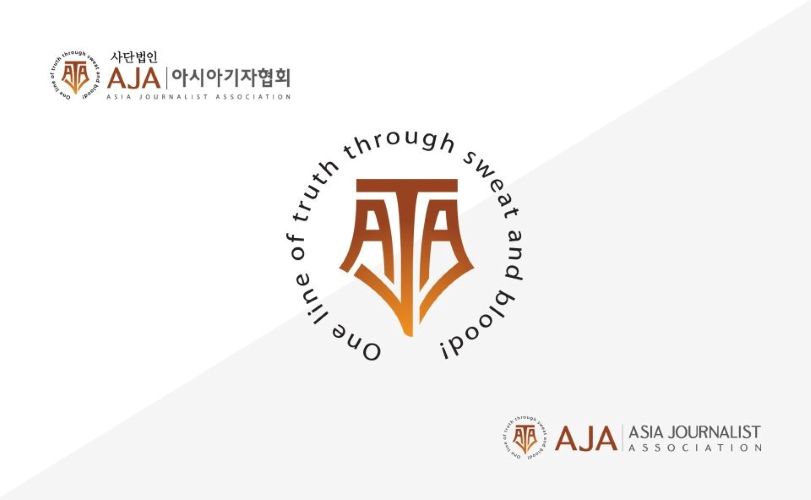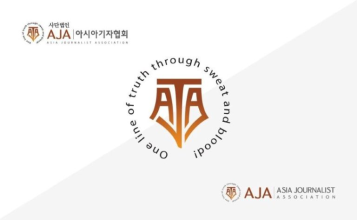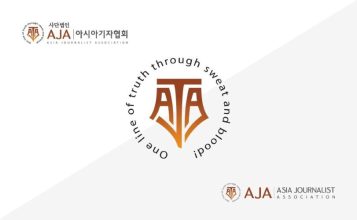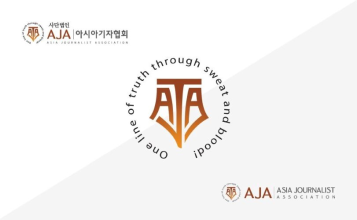AJA Newsbites – June 11, 2025

AJA Newsbites is a curated roundup of major news and developments from across Asia, brought to you by members of Asia Journalist Association (AJA)
Lee Sang-ki, THE AsiaN, Korea
Prime Minister nominee Kim Min-seok has declared total assets of 215.04 million won, including those of his spouse, mother, and children. He previously served prison terms for participating in protests and violating the National Security Act, and has twice been convicted of political funding law violations. His mandatory military service was waived due to his imprisonment, while his son is scheduled to enlist soon.
With his confirmation hearing approaching, scrutiny over Kim’s ethics and qualifications is intensifying. Although his declared assets are relatively modest, his criminal record—particularly the repeated violations—has drawn significant public and political attention.
Ivan Lim, Asia Journalist Association, Singapore
Many Asian nations would struggle to raise their defense spending to five percent of gross national product, as proposed by the U.S. Defense Secretary, according to political analysts cited in a Straits Times report.
This is largely because East Asian and ASEAN countries prioritize economic and social development, and cannot easily justify large expenditures on military hardware.
The call for Indo-Pacific nations to increase their defense budgets to levels comparable to their European counterparts was made by President Trump’s defense chief at the Shangri-La Dialogue on security, held in Singapore on May 31. The proposal aimed to rally Asian countries to confront China, which he described as an “imminent” threat.
However, Mr. Hegseth’s assessment was not widely shared among Asian nations. Most do not view China’s military drills near Taiwan or its coast guard clashes with Philippine naval vessels in the South China Sea as likely to escalate into open conflict.
Chhay Sophal, Cambodia News Online, Cambodia
Cambodian Prime Minister Hun Manet has urged the international community to provide essential technical and financial support to developing countries, enabling them to build capacity for marine conservation and sustainable resource management.
Delivering his national statement at the Third United Nations Ocean Conference, held in Nice, France from 9–11 June 2025, Manet stated, “We call upon the international community to provide essential technical and financial support to developing nations to build capacity for marine conservation and sustainable resource management.”
He emphasized that this support should include access to scientific knowledge, technology, and funding—particularly for marine research, monitoring, and the development of robust sustainable fisheries management systems. “No nation should be left behind in the collective efforts to protect the ocean,” he added.
“The ocean has no voice—it relies on us. What we do today will determine whether the ocean continues to feed and protect us tomorrow, or becomes the vast, silent shipwreck of our inaction.”
The conference is being held under the theme: “Accelerating Action and Mobilizing Partnerships: Solutions for Ocean-Based Climate Action, Biodiversity, and Sustainable Development.”
Nasir Aijaz, Sindh Courier, Pakistan
A recent report by the World Bank reveals that over one-third of school-age children across Pakistan are out of school, while nearly two-thirds of those enrolled in 2024 are considered learning-deprived. Additionally, the country continues to grapple with a high stunting rate—40 percent as of 2023. Persistent structural challenges—such as recurring fiscal and current account deficits, protectionist trade policies, low agricultural productivity, a challenging business climate, an oversized role of the state in the economy, and an unsustainable energy sector—remain largely unaddressed, contributing to sluggish and volatile growth. In the wake of the COVID-19 pandemic, the devastating 2022 floods, and ongoing macroeconomic instability, poverty has worsened. The lower-middle-income poverty rate is estimated at 42.3 percent (US$3.65/day) in 2024, with an additional 2.6 million Pakistanis falling below the poverty line compared to the previous year.
Shafiqul Bashar, Asia Journalist Association, Bangladesh
A new variant of the coronavirus has been spreading in Bangladesh over the past week, with around 100 confirmed cases reported across the country. Fortunately, no deaths have been reported as of Tuesday.
Bangladesh previously experienced a severe coronavirus pandemic that lasted for three years, beginning in March 2020. During that period, more than 30,000 lives were lost and at least two million people were infected with COVID-19.
The earlier outbreak had a devastating impact on the country’s economy, leaving several million people unemployed. All social activities came to a halt due to government-imposed lockdowns. Educational institutions remained closed for approximately 18 months, while offices and industries were shut down for extended periods.
Although the government has not yet introduced strict measures to combat the new outbreak, it has warned the public about the virus’s resurgence. The Health Department has advised people to wear masks in crowded areas, maintain physical distancing outside the home, and wash their hands regularly.
“Strict measures will be taken when and if necessary,” officials from the Health Department told the media.
ⓒ THE AsiaN | All rights reserved
This content is copyrighted by THE AsiaN. If you wish to share it, please do so without modifying the original text and always include the source link. Unauthorized editing or sharing without proper attribution may result in legal consequences.



